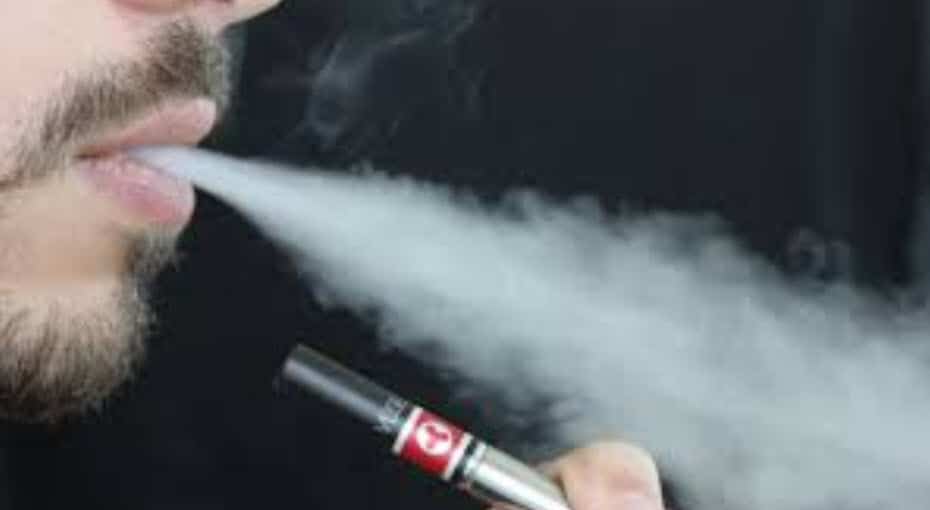
Ever since E-Cigarettes (E-cigs) were first introduced in 2007, their use (also known as “vaping”) has been advertised as a safer alternative to smoking. However, new research by the University of Kansas School of Medicine shows that E-cig use, like smoking, delivers ultra-small aerosol particles which may be associated with cardiovascular disease and other medical problems.
The Study
The study, based on a review from the National Health Interview Surveys, analyzed health outcomes for E-cig users vs. non-E-cig users and smokers vs. non-smokers for a variety of medical conditions. These included myocardial infarction, hypertension, diabetes, depression/anxiety/emotional problems, circulatory problems, and stroke.
The Results
Though E-cig users had a lower mean age than non-E-Cig-users (33 vs. 40), E-cig users still had higher odds of having myocardial infarction (MI) and stroke. Depression/anxiety/emotional problems and circulatory problems also appeared higher in the study. E-cig users had lower odds of having diabetes and there was no significant difference between the two groups on the odds of hypertension.
The Conclusion
As one of the more recent studies on the health effects of E-cig use, this research supports the need greater public awareness about the higher odds of myocardial infarction, stroke, depression/anxiety/emotional problems, and circulatory problems facing those who vape. Both the study’s author and the American College of Cardiology recommend additional research to better establish causation linkage between E-cig use and these serious medical problems.
With a 14-fold increase in sales of E-cigs over the past ten years, the use of and addiction to vaping is rapidly becoming a major public health concern. Read the U.S. Surgeon General’s report about E-cigarette use here.
When combined with the misuse of alcohol or drugs, the consequences of vaping can turn deadly. If you or someone you know needs help, call The Council on Recovery at 713-942-4100 or contact us on-line.
